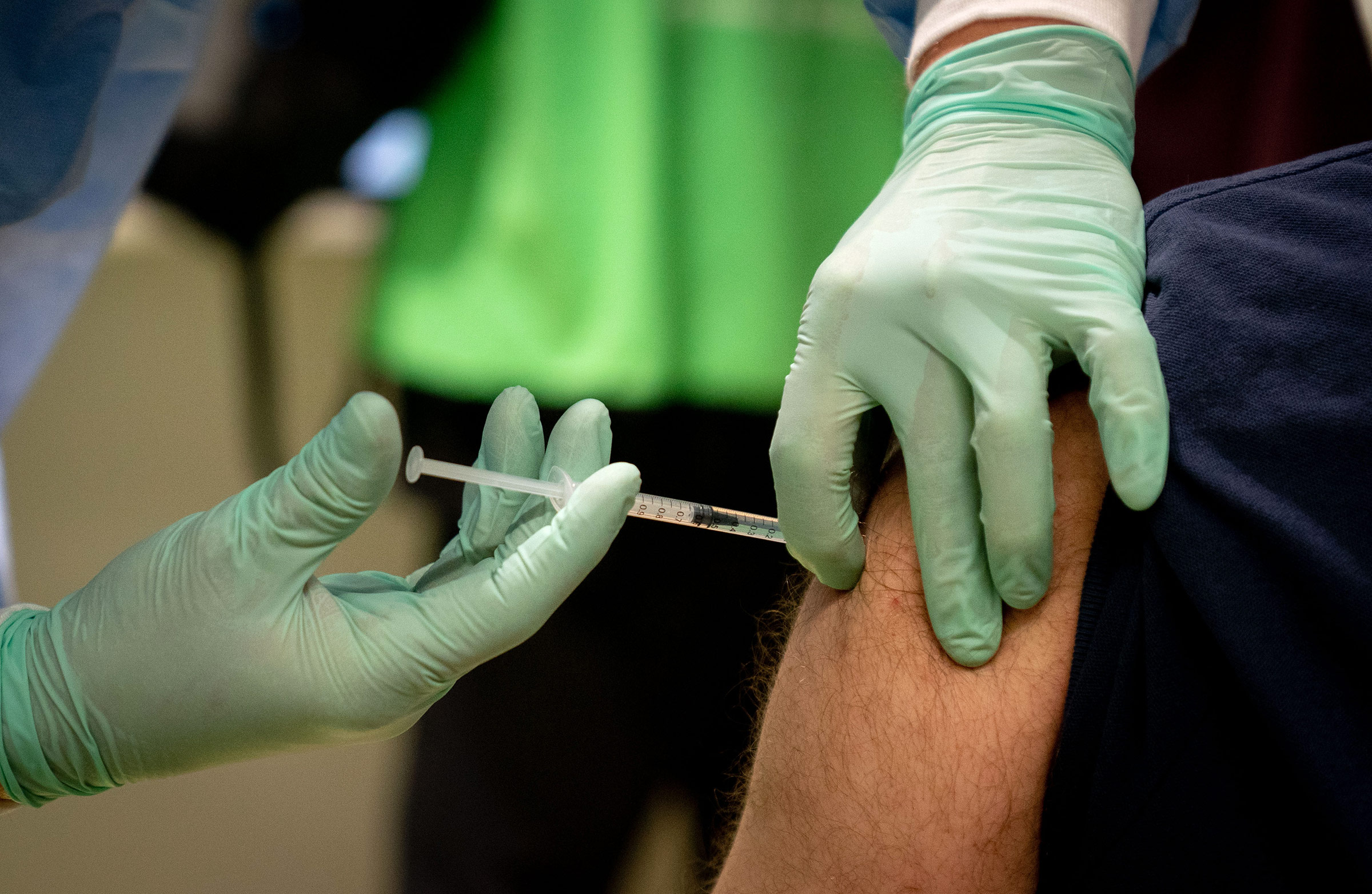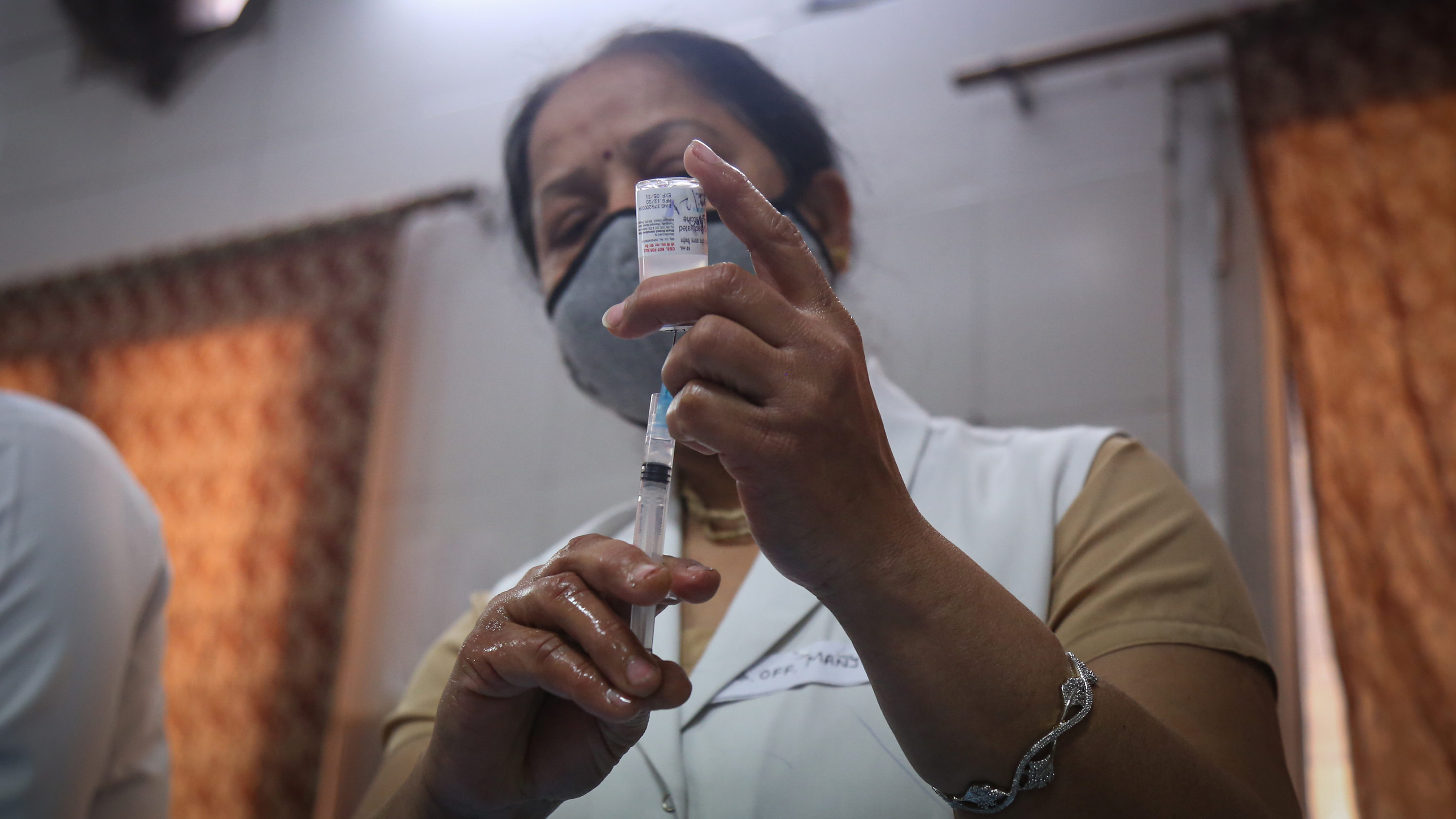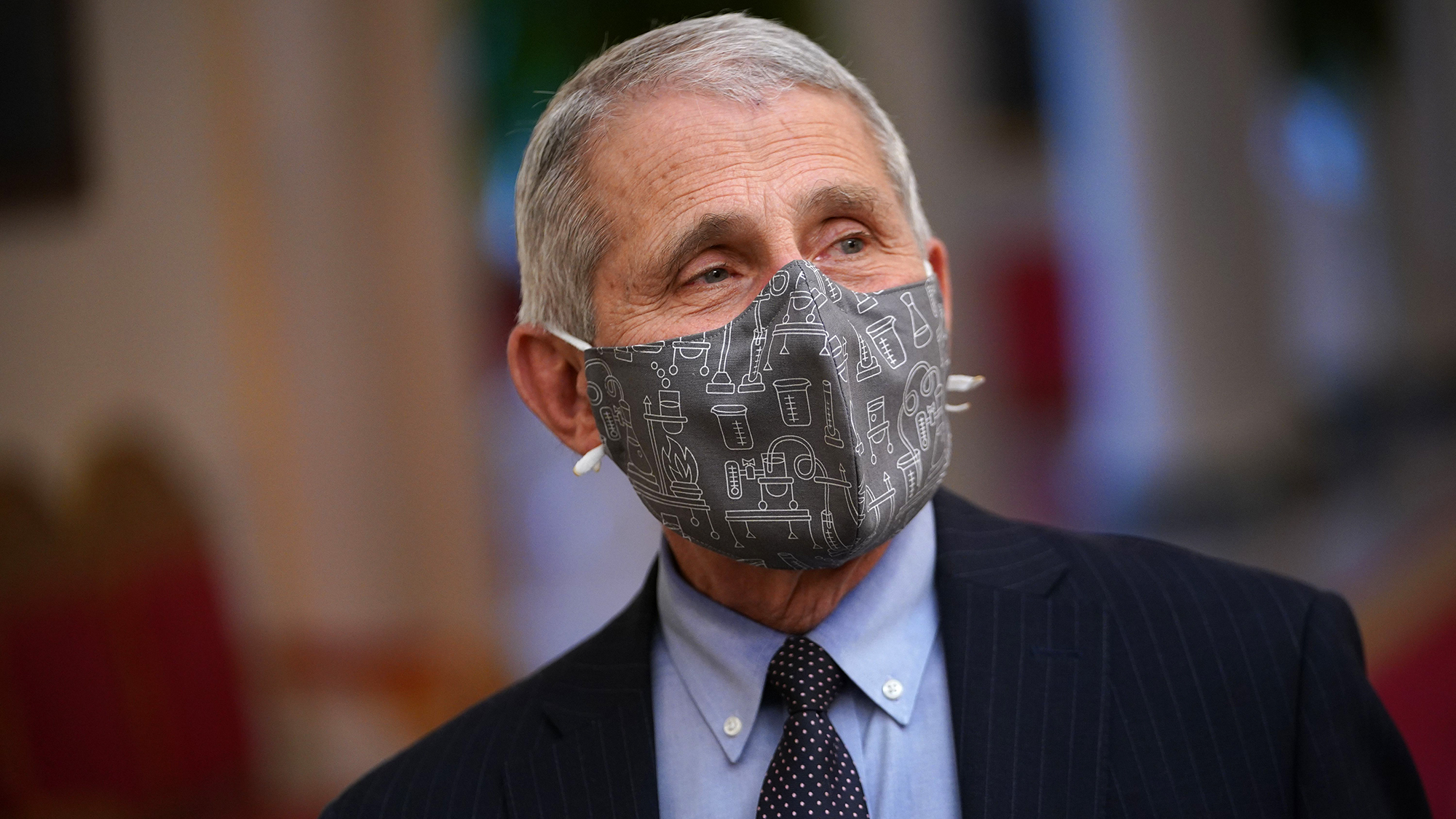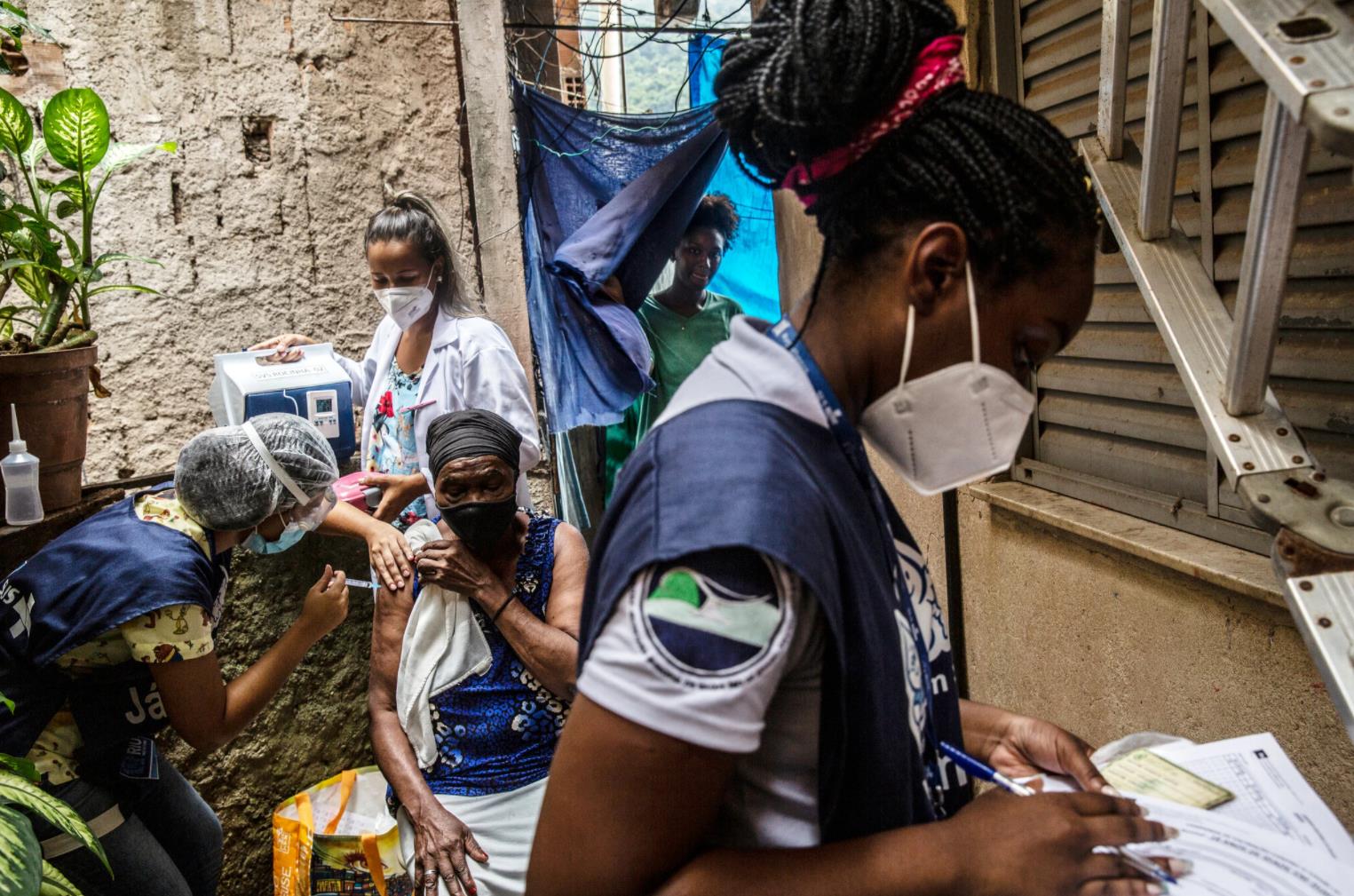
 i_need_contribute
i_need_contribute


|
Country, |
Total |
New |
Total |
|
World |
115,754,544 |
+441,089 |
2,570,868 |
|
29,456,377 |
+66,879 |
531,652 |
|
|
11,156,748 |
+17,425 |
157,471 |
|
|
10,722,221 |
+74,376 |
259,402 |
|
|
4,278,750 |
+10,535 |
87,348 |
|
|
4,194,785 |
+6,385 |
123,783 |
|
|
3,810,316 |
+26,788 |
87,542 |
|
|
3,136,321 |
+6,137 |
70,247 |
|
|
2,976,274 |
+20,884 |
98,635 |
|
|
2,734,836 |
+11,520 |
28,771 |
|
|
2,472,896 |
+10,835 |
71,711 |
|
|
2,262,646 |
+3,047 |
60,082 |
|
|
2,126,531 |
+7,855 |
52,453 |
|
|
2,097,194 |
+7,913 |
187,187 |
|
|
1,735,406 |
+15,698 |
44,360 |
|
|
1,656,699 |
+8,525 |
60,353 |
|
|
1,516,262 |
+1,447 |
50,366 |
|
|
1,364,705 |
+7,235 |
26,397 |
|
|
1,353,834 |
+6,808 |
36,721 |
|
|
1,344,969 |
+6,672 |
47,089 |
|
|
1,269,200 |
+16,756 |
21,035 |
|
|
1,101,430 |
+4,997 |
15,697 |
|
|
875,559 |
+2,812 |
22,105 |
|
|
835,552 |
+3,040 |
20,704 |
|
|
812,318 |
+4,278 |
20,586 |
|
|
806,626 |
+979 |
16,430 |
|
|
789,485 |
+4,267 |
5,803 |
|
|
774,344 |
+2,050 |
22,141 |
|
|
708,951 |
+5,173 |
13,483 |
|
|
583,916 |
+1,388 |
13,013 |
|
|
582,215 |
+1,775 |
12,389 |
|
|
547,930 |
+614 |
8,428 |
|
|
484,753 |
+594 |
8,653 |
|
|
470,941 |
+4,056 |
4,491 |
|
|
465,322 |
+2,553 |
8,625 |
|
|
439,900 |
+4,211 |
15,324 |
|
|
434,356 |
+852 |
7,984 |
|
|
407,617 |
+5,335 |
4,793 |
|
|
399,463 |
+2,692 |
1,269 |
|
|
383,499 |
+3,463 |
4,866 |
|
|
378,333 |
+331 |
6,510 |
|
|
342,741 |
+722 |
5,884 |
|
|
314,359 |
+3,357 |
7,489 |
|
|
305,880 |
+1,745 |
1,148 |
|
|
290,447 |
+1,311 |
2,002 |
|
|
289,472 |
+2,747 |
15,921 |
|
|
274,381 |
+87 |
2,778 |
|
|
271,739 |
+360 |
3,541 |
|
|
253,183 |
+1,154 |
10,413 |
|
|
250,557 |
+790 |
11,703 |
|
|
244,205 |
+747 |
5,555 |
|
|
240,773 |
+572 |
3,130 |
|
|
235,333 |
+319 |
3,230 |
|
|
235,008 |
+777 |
8,074 |
|
|
221,189 |
+559 |
4,357 |
|
|
214,806 |
+717 |
2,540 |
|
|
212,798 |
+574 |
2,370 |
|
|
205,890 |
+376 |
2,824 |
|
|
200,367 |
+521 |
3,284 |
|
|
197,279 |
+2,697 |
6,597 |
|
|
194,781 |
+1,409 |
1,097 |
|
|
192,266 |
+1,209 |
3,874 |
|
|
189,397 |
+1,550 |
4,026 |
|
|
189,326 |
+2,017 |
2,078 |
|
|
184,168 |
+577 |
10,822 |
|
|
176,250 |
+839 |
6,427 |
|
|
172,816 |
+360 |
3,202 |
|
|
171,758 |
+773 |
4,187 |
|
|
165,071 |
+471 |
260 |
|
|
162,871 |
+1,341 |
3,239 |
|
|
161,974 |
+1,161 |
2,391 |
|
|
156,960 |
+464 |
1,939 |
|
|
142,527 |
+358 |
1,583 |
|
|
141,984 |
+19 |
3,199 |
|
|
140,383 |
+449 |
1,358 |
|
|
135,585 |
+618 |
2,219 |
|
|
124,269 |
+738 |
458 |
|
|
113,593 |
+163 |
2,996 |
|
|
109,674 |
+851 |
1,856 |
|
|
106,801 |
+331 |
1,866 |
|
|
104,548 |
+802 |
3,156 |
|
|
90,816 |
+444 |
1,612 |
|
|
89,933 |
+10 |
4,636 |
|
|
88,022 |
+919 |
1,654 |
|
|
86,356 |
+48 |
1,468 |
|
|
84,349 |
+326 |
611 |
|
|
84,226 |
+356 |
484 |
|
|
80,090 |
+533 |
1,108 |
|
|
80,006 |
+45 |
622 |
|
|
77,493 |
+625 |
1,031 |
|
|
72,923 |
+689 |
632 |
|
|
69,193 |
+1,467 |
615 |
|
|
35,620 |
+323 |
232 |
|
|
26,108 |
+35 |
84 |
|
|
8,953 |
+14 |
173 |
|
|
7,973 |
+35 |
75 |
|
|
2,482 |
+10 |
35 |
Retrieved from: https://www.worldometers.info/coronavirus/
From CNN's AJ Davis in Atlanta

A doctor administers an Oxford-AstraZeneca Covid-19 vaccine in Berlin, Germany, on February 10. Kay Nietfeld/Pool/AFP/Getty Images
Germany's vaccine commission will soon authorize the Oxford-AstraZeneca vaccine for people aged over 65, following the latest studies, Chancellor Angela Merkel said on Wednesday.
The commission had recommended in January that the vaccine should not be given to over 65s due to insufficient data.
Coronavirus restrictions nationwide will be eased in five stages, Merkel added -- each additional step will be taken every 14 days if infection rates stay low.
“We will install an emergency brake if we get into an exponential growth of infections surpassing a weekly rate of 100 per 100,000," she said.
Merkel also said that all Germans will be able to receive a free rapid test every week, starting March 8.
"We are once again at the threshold of a new phase of the pandemic that we can go into not carelessly but still with justified hope. Today we can speak of hope and the transition to a new phase because all of us have achieved a lot in our country in the past few months," she said.
From CNN's Akanksha Sharma and Manveena Suri

A medic prepares a dose of the Covaxin vaccine at Hindu Rao Hospital on February 16, in New Delhi, India. Sanchit Khanna/Hindustan Times/Getty Images
India's home-grown Covaxin vaccine is 81% effective against Covid-19, according to early data released Wednesday.
The vaccine was jointly developed by the company Bharat Biotech and the government-run Indian Council of Medical Research.
The clinical trial involved 25,800 participants between 18 and 98 years old, according to Bharat Biotech. The efficacy figure is based on an early analysis of 43 Covid-19 cases. Some 36 cases occurred in participants who got a placebo, compared to seven participants who got the vaccine.
Data indicates the vaccine can also effectively combat the variant first spotted in the UK, according to an analysis by India's National Institute of Virology.
“Today is an important milestone in vaccine discovery, for science and our fight against coronavirus," said Bharat Biotech chairman Dr. Krishna Ella. "Covaxin demonstrates high clinical efficacy trend against COVID-19 but also significant immunogenicity against the rapidly emerging variants."
About the vaccine: Covaxin is a two-dose vaccine. It is the first Covid-19 vaccine that has been developed in its entirety in India.
More 40 countries have expressed their interest in Covaxin, including Mongolia, Myanmar, Sri Lanka, the Philippines, Bahrain, Oman, Maldives and Mauritius.
From CNN Health’s Lauren Mascarenhas

Dr. Anthony Fauci attends a press conference the White House on January 21, in Washington, DC. Mandel Ngan/AFP/Getty Images
It’s “inexplicable” that some US states are pulling back on restrictions as Covid-19 continues to infect tens of thousands of Americans every day, said Dr. Anthony Fauci on Wednesday.
Texas and Mississippi moved this week to end state-wide mask mandates.
“It just is inexplicable why you would want to pull back now,” Fauci told CNN.
“I understand the need to want to get back to normality, but you're only going to set yourself back if you just completely push aside the public health guidelines -- particularly when we're dealing with anywhere from 55,000 to 70,000 infections per day in the United States,” he added. “That's a very, very high baseline.”
Fauci, director of the National Institute of Allergy and Infectious Diseases, said the administration’s guidance about pandemic precautions is not arbitrary.
"We know that these interventions work. It's very clear,” Fauci said. “When you implement them, you see the cases go down. When you pull back the cases go up.”
From CNN’s Shasta Darlington and Marcia Reverdosa
Brazil’s largest state Sao Paulo will enter a two-week “red phase” in coronavirus restrictions starting at midnight Saturday, according to Sao Paulo’s governor.
That means all but essential businesses must close, including restaurants, bars, gyms and beauty salons as well as all but essential retail shops. Schools, however, will continue to provide a portion of their classes in-person.
This announcement comes during a particularly difficult week for the nation, as Tuesday marked the highest daily death toll in Brazil, with at least 1,641 people dying in a single day, according to the health ministry.
It also comes as public and private ICUS are near or at capacity across the country, with one-third at the edge of collapse at over 90% capacity, according to federal and state data.
“We are on the verge of a collapse in the health system in Sao Paulo,” Governor Joao Doria said during a press conference to announce the tightening of restrictions. “Urgent, collective measures are needed," he added.
https://edition.cnn.com/world/live-news/coronavirus-pandemic-vaccine-updates-03-04-21/index.html

Justina Roberta Santos, 84, received a coronavirus vaccine during a campaign to inoculate older people with mobility issues, in Rocinha, Brazil, last month.Credit...Dado Galdieri for The New York Times
Covid-19 has already left a trail of death and despair in Brazil, one of the worst in the world. And now, the country is battling a more contagious variant, even as Brazilians toss away precautionary measures that could keep them safe.
On Tuesday, Brazil recorded more than 1,700 Covid-19 deaths, its highest single-day toll of the pandemic.
Preliminary studies suggest that the variant that swept through the city of Manaus appears able to infect some people who have already recovered from other versions of the virus. And the variant has slipped Brazil’s borders, showing up in small numbers in the United States and other countries.
Although trials of a number of vaccines indicate that they can protect against severe illness even when they do not prevent infection with the variant, most of the world has not been inoculated. That means even people who had recovered and thought they were safe for now might still be at risk, and that world leaders might, once again, be lifting restrictions too soon.
“You need vaccines to get in the way of these things,” said William Hanage, an epidemiologist at Harvard T.H. Chan School of Public Health, speaking of variants that might cause reinfections.
Brazilians hoped that they had seen the worst of the outbreak last year. Manaus, capital of the northern state of Amazonas, was hit so hard in April and May that scientists believed the city may have reached herd immunity.
But then in September, cases in the state began rising again. By January, scientists had discovered that a new variant, which became known as P.1, had become dominant in the state. Within weeks, its danger became clear as hospitals in the city ran out of oxygen amid a crush of patients, leading scores to suffocate to death.
Throughout the pandemic, researchers have said that Covid-19 reinfections appear to be extremely rare, which has allowed people who recover to presume they have immunity, at least for a while. But that was before P.1 appeared.
One way to tamp down the surge would be through vaccinations, but the rollout in Brazil has been slow.
Brazil began vaccinating health care professionals and older adults in late January. But the government has failed to secure a large enough number of doses. Wealthier countries have snapped up most of the supply, while President Jair Bolsonaro has been skeptical both of the disease’s impact and of vaccines.
Margareth Dalcolmo, a pulmonologist at Fiocruz, a prominent scientific research center, said that Brazil’s failure to mount a robust inoculation campaign had set the stage for the current crisis.
“We should be vaccinating more than a million people per day,” she said. “We aren’t, not because we don’t know how to do it, but because we don’t have enough vaccines.”
Other countries should take heed, said Ester Sabino, an infectious-disease researcher at the University of São Paulo who is among the leading experts on the P.1 variant.
“You can vaccinate your whole population and control the problem only for a short period if, in another place in the world, a new variant appears,” she said. “It will get there one day.”
Retrieved from: https://www.nytimes.com/live/2021/03/03/world/covid-19-coronavirus/brazils-coronavirus-crisis-is-a-warning-to-the-world-scientists-say

A woman walks outside the National Stadium, the main venue for the opening and closing ceremonies for the Summer Olympics Games in Tokyo on February 11, 2021.Credit...Philip Fong/Agence France-Presse — Getty Images
Organizers of the Tokyo Olympics will decide by the end of March if they will allow international spectators to attend the Games this summer in Japan. The timetable was revealed at a news conference on Wednesday by Seiko Hashimoto, the organizing committee president, who acknowledged the ongoing coronavirus pandemic meant a total ban on overseas fans remained a possibility.
“When we think of the current situation, whether it is Japan or overseas, we are under a very difficult situation,” Hashimoto said. “That is a fact. In the end the decision about spectators will be whether we can maintain a safe and secure Games.”
Officials in Japan are scrambling to find a safe way to host the Olympics, which were postponed for one year last summer because of the pandemic. Concerns about ballooning costs and the prospect of thousands of overseas travelers entering the country have soured much of the country on the effort. The project took another hit last month when Yoshiro Mori, the previous president of the Tokyo Olympics, was forced to step down after making sexist comments at a meeting. On Wednesday, the organizing committee — at a news conference where it was represented by an all-woman group of officials — announced that 12 additional members, all of them women, would join its executive board. Out of 45 board members, 19 are now women.
In an effort to alleviate concerns around safety, Thomas Bach, the president of the International Olympic Committee, reiterated on Wednesday that the I.O.C. was urging all countries to find ways, within the rules of their national vaccination programs, to have their Olympic athletes vaccinated before the start of the Games.
“I can inform you that a considerable number of national Olympic committees have already secured this pre-Tokyo vaccination, and a very considerable number of national Olympic committees are in good contact with their respective governments to allow for this vaccination for Tokyo after the first wave of the risk population has been vaccinated,” Bach said.
The propriety of moving athletes and coaches to the front of vaccination lines has split the Olympic movement. Some countries, including Israel, Mexico and India, have said they will do so, and a few already vaccinating their athletes. Others, including the United States, Britain and Italy, have said their athletes will wait their turn.
Rwanda became the first African country to receive the Pfizer/BioNTech coronavirus vaccine on Wednesday, with around 100,000 doses delivered in what the pharmaceutical giant hailed as a “milestone” for the continent.
The country received nearly 103,000 doses of the vaccine at the capital Kigali through the UN-led Covax initiative, which aims to provide equitable access to Covid-19 jabs for poorer countries.
Pfizer said the first shipment to the continent of its vaccine represented “an important milestone for the region, for Rwanda, and for the global health partners working tirelessly to fight this pandemic”.
“Our goal is to make vaccines accessible worldwide and today’s delivery to Rwanda is a great step forward,” said Janine Small, Pfizer’s global president for emerging markets, in a statement.
An official at Rwanda’s health ministry told AFP the vaccines - which must be kept at ultra-low temperatures - were “immediately transported to cold room freezers” upon arrival at Kigali aboard on a KLM flight at around 20:15.
Earlier in the day, Rwanda took separate possession of 240,000 doses of the Oxford/AstraZeneca jab, its first delivery under the Covax facility.
The health ministry said the collective 340,000 doses would be dispatched Thursday from a biomedical warehouse in Kigali to district hospitals and onward to hundreds of health centres dotted across Rwanda.
Vaccinations will begin Friday, with the country of 12 million planning to inoculate 30 percent of its population this year, and 60 percent by the end of 2022.
The ministry said the vaccine shipment should protect about 171,500 frontline personnel, as well as other priority citizens such as those over 65 or with underlying health conditions.
“We will immediately roll out our prepared vaccination plan, which will see target risk groups across Rwanda receive their first of two vaccine doses,” the health minister Daniel Ngamije said in a statement.
In February, Rwanda became the first country in East Africa to begin vaccinating against the disease, targeting high-risk groups such as healthcare workers after acquiring around 1,000 doses of the Moderna jab.
Rwanda has carried out more than a million coronavirus tests and detected just over 19,100 cases. As of Wednesday, 265 people had lost their lives to Covid-19.
It imposed some of the strictest anti-coronavirus measures on the continent, including one of Africa’s first total shutdowns in March 2020. It put capital Kigali back under a full lockdown in January after a surge in cases.
Here are the key developments from the last few hours:
· Covid death rates 10 times higher in countries where most adults overweight. Countries with high levels of overweight people, such as the UK and the US, have the highest death rates from Covid-19, a landmark report reveals, prompting calls for governments to urgently tackle obesity, as well as prioritising overweight people for vaccinations.
· English prevalence dropping at slower rate, study finds. The prevalence of Covid infections in England has dropped since January, but the rate of decline has slowed and cases might be on the rise in some areas, researchers at Imperial College London said on Thursday.
· Brazil suffered another day of record Covid deaths. Brazil has suffered yet another day of record Covid losses with at least 1,910 new fatalities reported in the crisis-stricken South American country. On Wednesday evening the National Council of State Health Secretaries said those deaths took the country’s total death toll to 259,271 - about 10% of the global total. A record 1,726 deaths were reported on Tuesday.
· Fake Covid-19 vaccines were seized in South Africa, China: Interpol. Police in China and South Africa have seized thousands of fake doses of Covid-19 jabs, global police organisation Interpol said on Wednesday, warning this represented only the “tip of the iceberg” in vaccine-related crime.
· Greece prolonged its lockdown to 16 March after reporting the highest number of new cases recorded so far in 2021. Health officials reported 2,702 new infections and 40 deaths on Wednesday.
· Australia recorded its biggest monthly trade surplus ever as household spending drives growth. Australia recorded the biggest monthly trade surplus in history as the economy continued to rack up records in a marked rebound from last year’s deep recession.
· Germany announced that it will relax Covid curbs. German Chancellor Angela Merkel on Wednesday unveiled plans to gradually ease coronavirus curbs in Europe’s top economy.